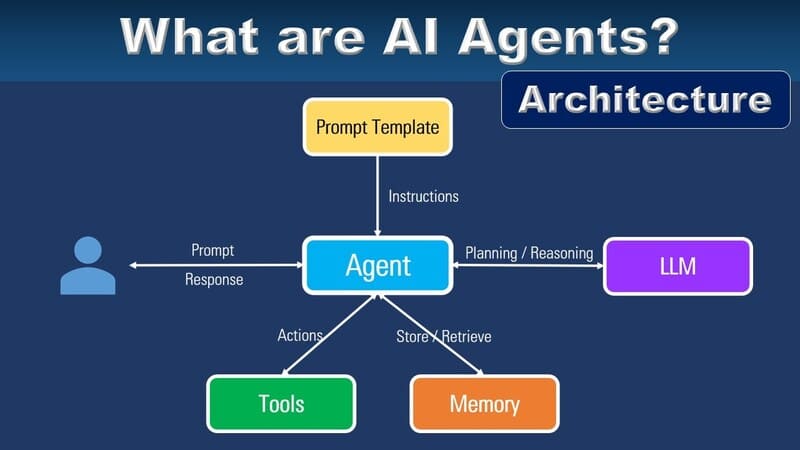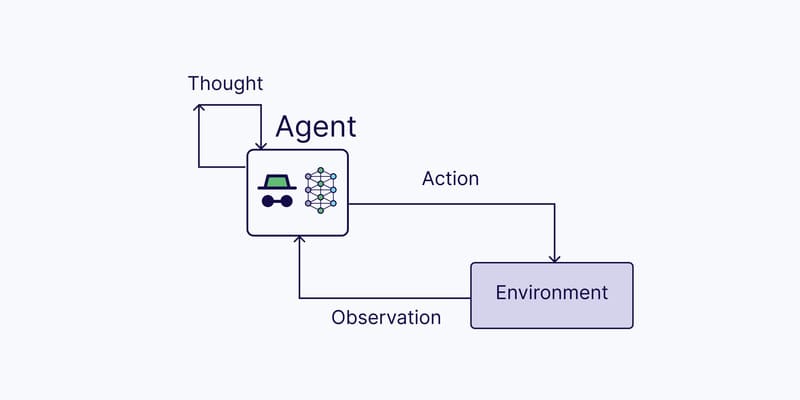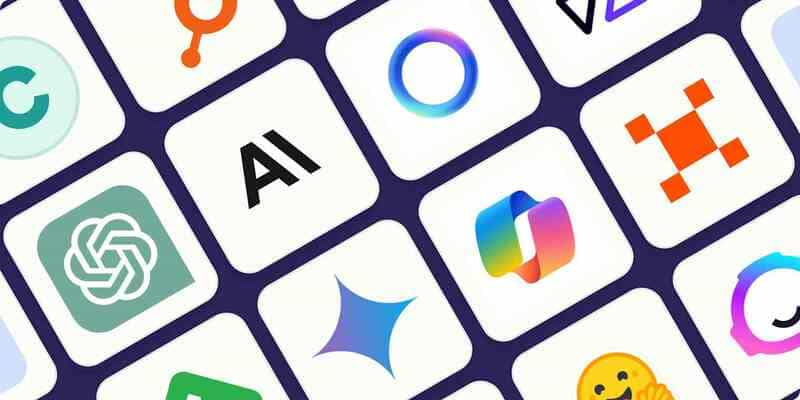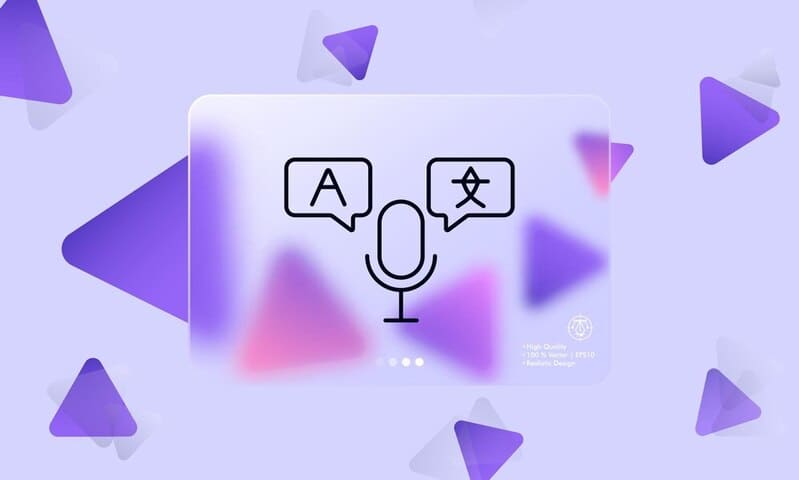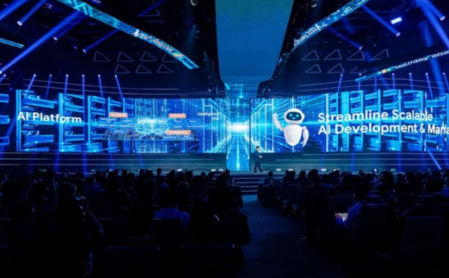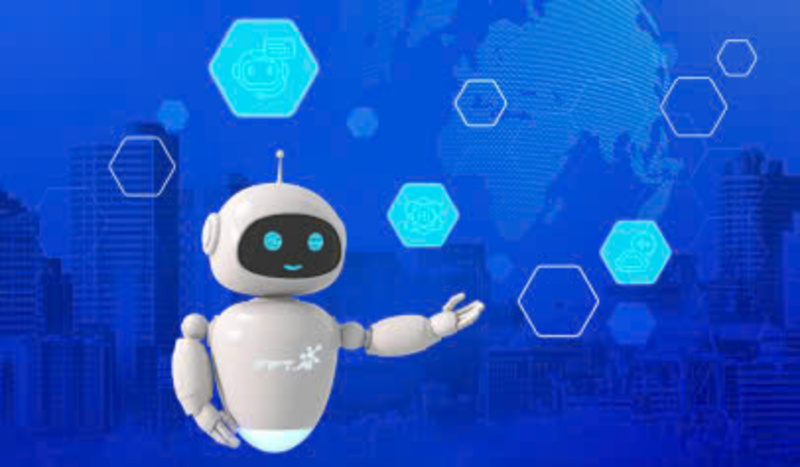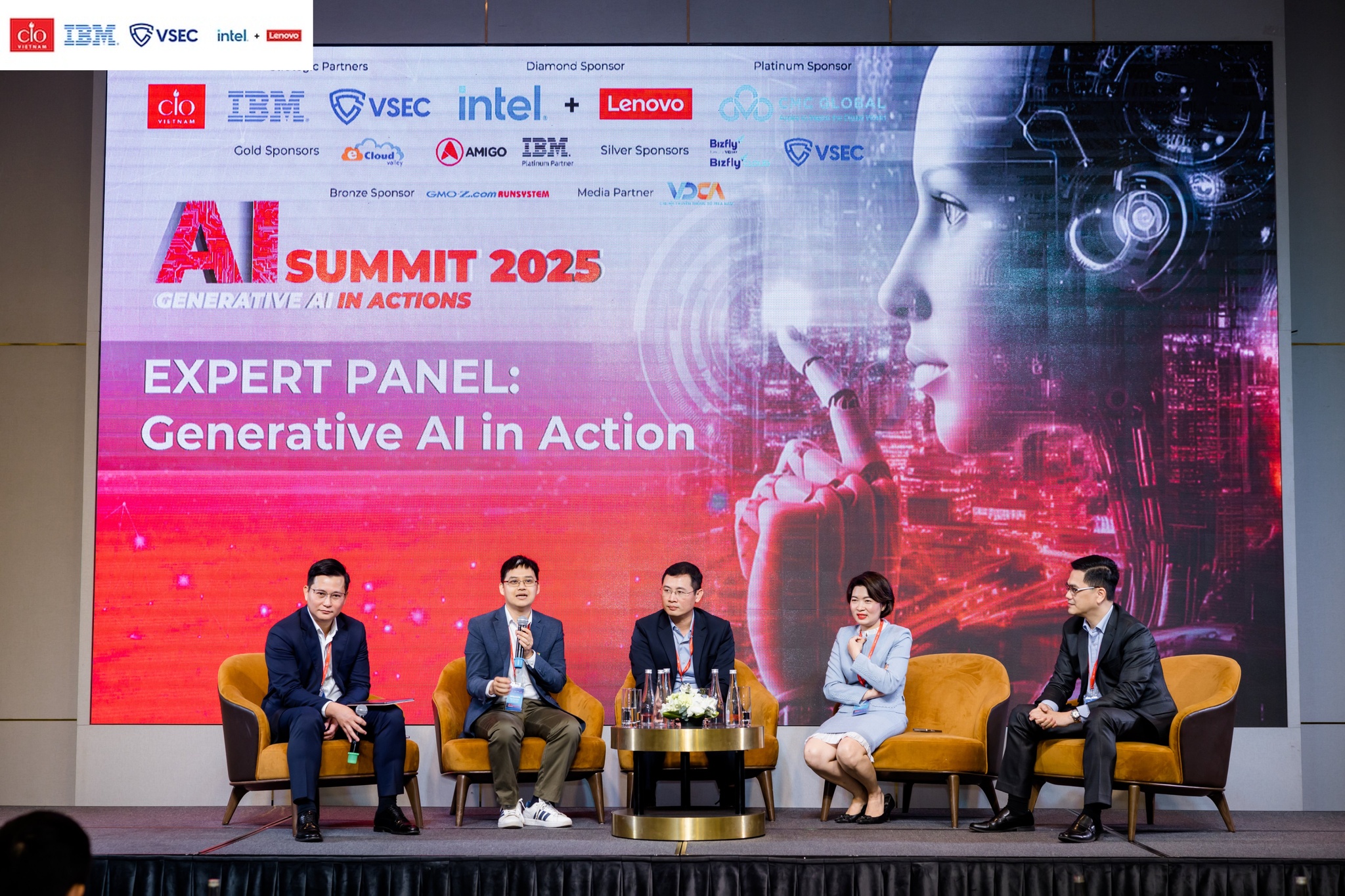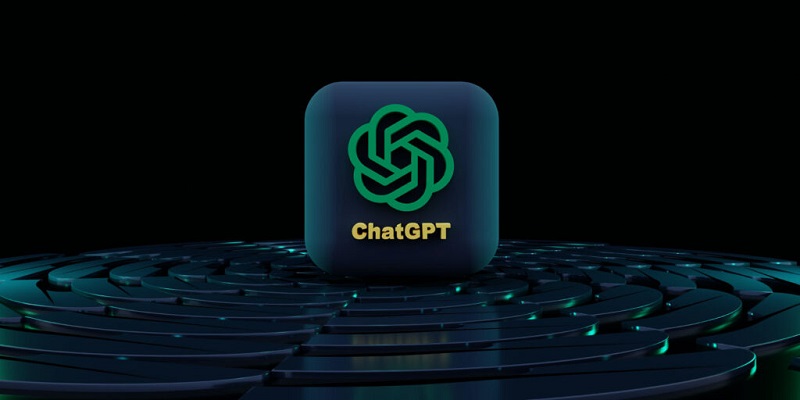Great hospitality experiences drive guest loyalty. Guest loyalty drives recommendations and revenue. While larger chains have more customer and performance data to tap into, smaller operators have historically had a tougher time maximizing reputation, revenue and the customer experience.
Artificial intelligence is changing all that. With its ability to streamline processes, provide valuable insights and optimize experiences, it’s driving the new wave of responsive, guest-centric hospitality.
Here are just some of the ways AI is reshaping hospitality as we know it.
1. Personalization
Personalized experiences boost revenue and loyalty, and this is an area where hospitality has long been ahead of the curve. Tailoring your offering with thoughtful touches such as a guest’s preferred newspaper, toiletries, pillows and views keeps guests coming back. Now, that top-shelf bottle of merlot or the inclusion of extra-plush towels is something associated with high-end vendors and patrons. AI can level the playing field, easily identifying the personal touches that draw people to your hotel (or your competitor’s), and tailoring your experience to the individual. You can also use AI to personalize your rewards program, not just for what to offer, but for who to include.
2. Occupancy and Rate Optimization
Maybe your property is pricing-optimized for ski season or beach weather. But what about minor holidays, conventions or concerts in your area? Understanding the impact of these on your occupancy levels is challenging. Even identifying them in the first place is a challenge. AI can parse multiple sources of information to give your business much more nuanced insight into the occupancy patterns of your area and dynamically adjust your pricing from day to day (Airbnb already does this with its host pricing recommendations). Plus, with greater awareness of the impact of particular events or calendar dates, you can now adjust your marketing efforts to maximize occupancy.
3. Booking and Staff Interaction
Bookings are a major friction point for hotels. Many users book through aggregator sites, and those who land on an individual hotel page often bounce without booking. Even if a user does wish to book, isolating preferred dates and check-in details can be time-consuming and complex, and opportunities to actually communicate with hotel staff are limited. By using AI-fueled chatbots integrated into your website or even within a social-media platform, you can reduce this friction while also providing a personalized experience. Develop a robust enough system and checked-in guests will even be able to place their roomservice requests to your AI, freeing up your staff (unless your staff are already robots, of course).
4. Updates and Maintenance
You want to deliver the best guest experience you can, but you also need to strategically channel your resources for the best return on investment. AI can use occupancy data, guest feedback and self-reported guest data to gauge which upgrades or repairs should be implemented first and which improvements will deliver the best return. It can also work predictively via pattern recognition to highlight potential issues before they arise—and to help streamline your maintenance workflows.
5. Reputation Management
Hospitality is a reputation-driven industry, and what people think and say about you matters. AI’s ability to parse reviews and social-media posts quickly and at scale gives you insight into what people are saying about your business, allowing you to respond. Positive feedback can be amplified and shared while negative feedback can be dealt with by reaching out to correct the situation. AI also can alert you to potential public-relations disasters early, giving you time to craft an appropriate response.
6. Informing Competitive Intelligence
AI’s ability to parse multiple databases to provide valuable context can help drive the future direction of your business. For example, it can map population density data against circulation data to identify hotel “deserts” or areas where demand is exceeding availability. You can use this kind of information to inform your next expansion. Demographics and local review data can be used to determine what kind of hotel you should build—and exactly what amenities and facilities would resonate best with your target audience.
AI has the potential to transform almost every facet of your hospitality business to deliver better returns, processes and experiences. And with the technology curve meaning that AI is only becoming more accessible, businesses of all sizes can benefit from the AI competitive advantage.
Collect data. Clean data. Save data. Your data is intellectual property that can be transformed into competitive advantage. You have a very rich source of valuable future revenue—even if you don’t have any AI plans for the near term, save everything. It will come in useful.








